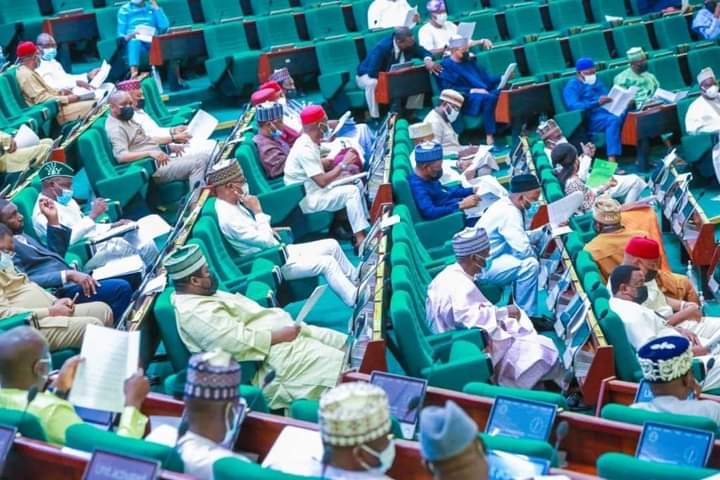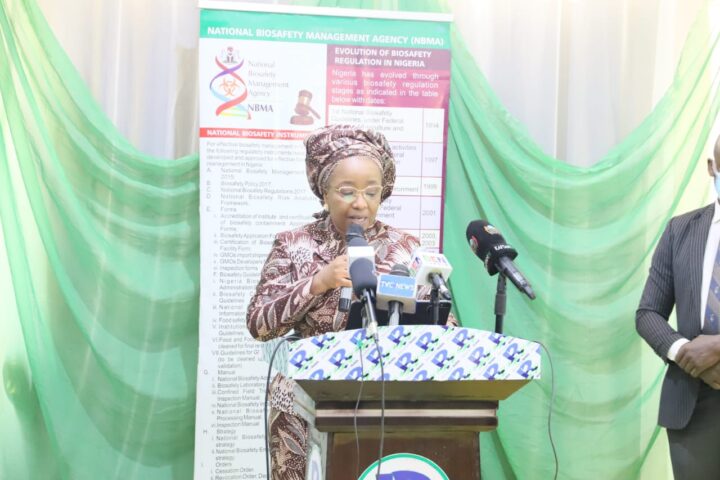A federal high court in Abuja has fixed April 26 for judgment on a suit instituted against the senate by Danladi Umar, chairman of the Code of Conduct Tribunal (CCT).
Umar had, in May 2021, instituted the suit against the senate, challenging the power of the upper legislative chamber to probe an assault incident involving him.
In March 2021, Umar was caught on video hitting a security man who had told him his vehicle was parked in the wrong space at a popular plaza in Abuja.
In his defence, Ibraheem Al-Hassan, CCT spokesperson, said the guard was rude and could not provide a reasonable explanation why Umar should not park in the said space.
Advertisement
The senate committee on ethics had invited Umar over the incident, following a petition that was submitted to the committee.
At the court hearing on Tuesday, Inyang Ekwo, the presiding judge, fixed the judgment date after Danladi and the four defendants adopted their final processes.
The four defendants in the matter are the senate, senate president, senate committee on ethics, privileges and public petitions, and the attorney-general of the federation.
Advertisement
In the suit marked FHC/ABJ/CS/671/2021 Umar is seeking an order of perpetual injunction restraining the senate, its members and agents from conducting investigation into assault case.
He also wants the court to determine if the assault case is a matter the senate is constitutionally empowered to investigate.
At the court proceedings on Tuesday, Sunday Edward, Umar’s counsel, asked the judge to grant all the reliefs sought by his client.
However, Kafayat Suleyman, counsel to the senate, asked the court to dismiss the suit on the grounds that the upper legislative chamber is empowered under section 88 of the constitution to investigate allegations of misconduct by public officers.
Advertisement
Section 88 of the 1999 constitution provides that the national assembly can investigate “the conduct or affairs of any person, authority or ministry or government department charged, or intended to be charged, with the duty of or responsibility for executing or administering laws enacted by the National Assembly”.
After taking arguments from the parties involved, the judge fixed April 26 to decide on the matter.
Add a comment





